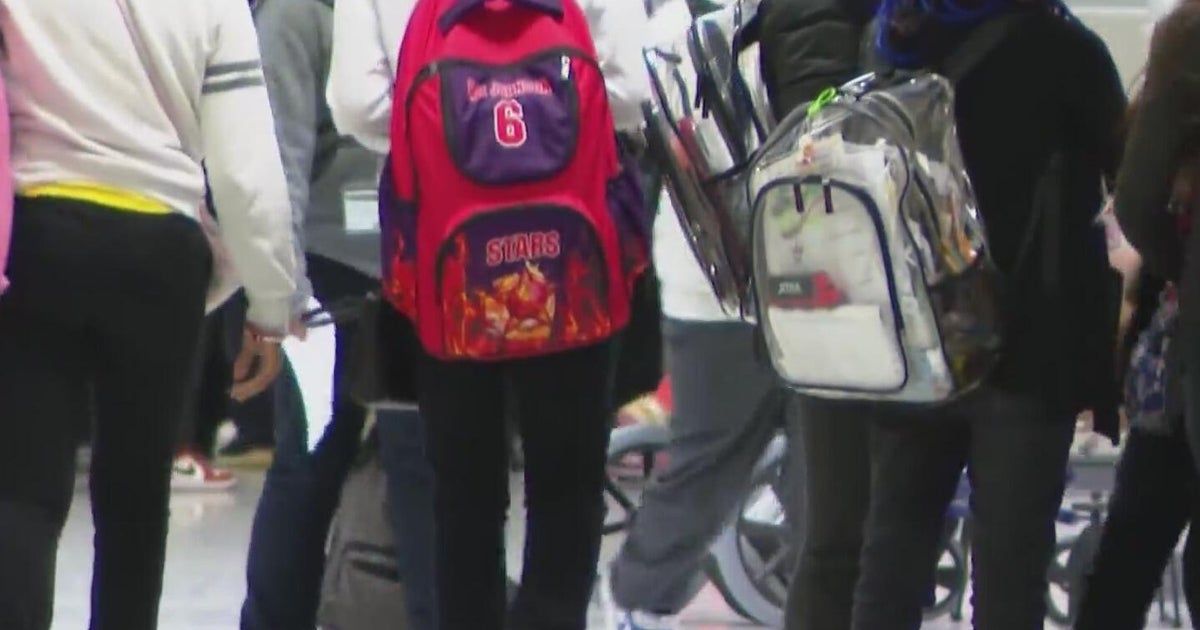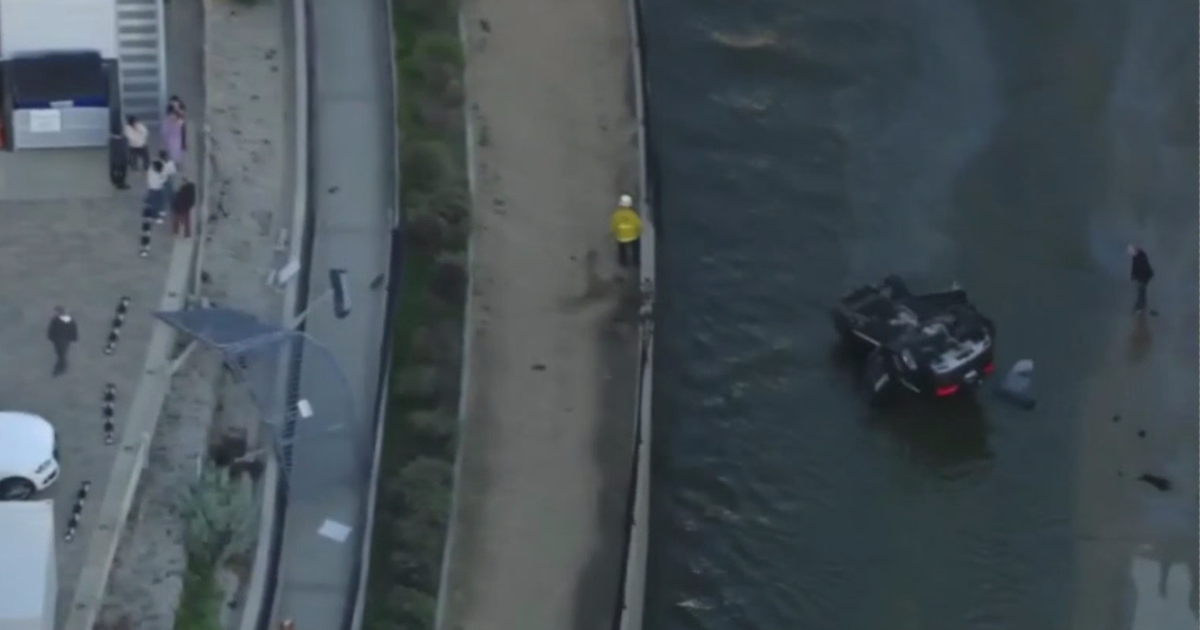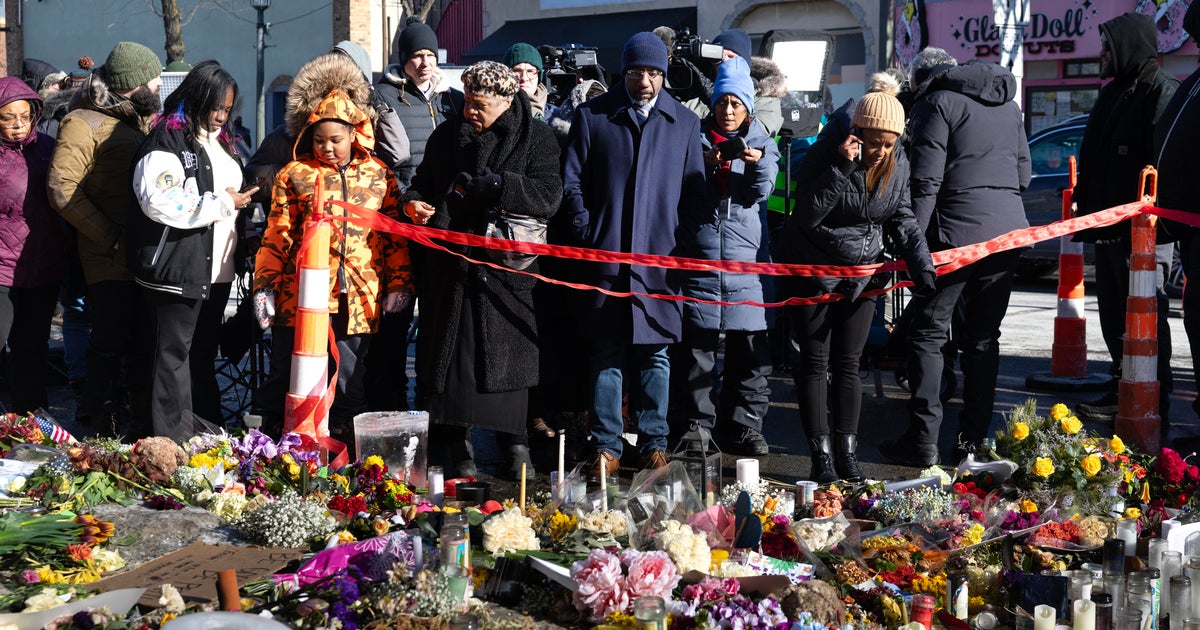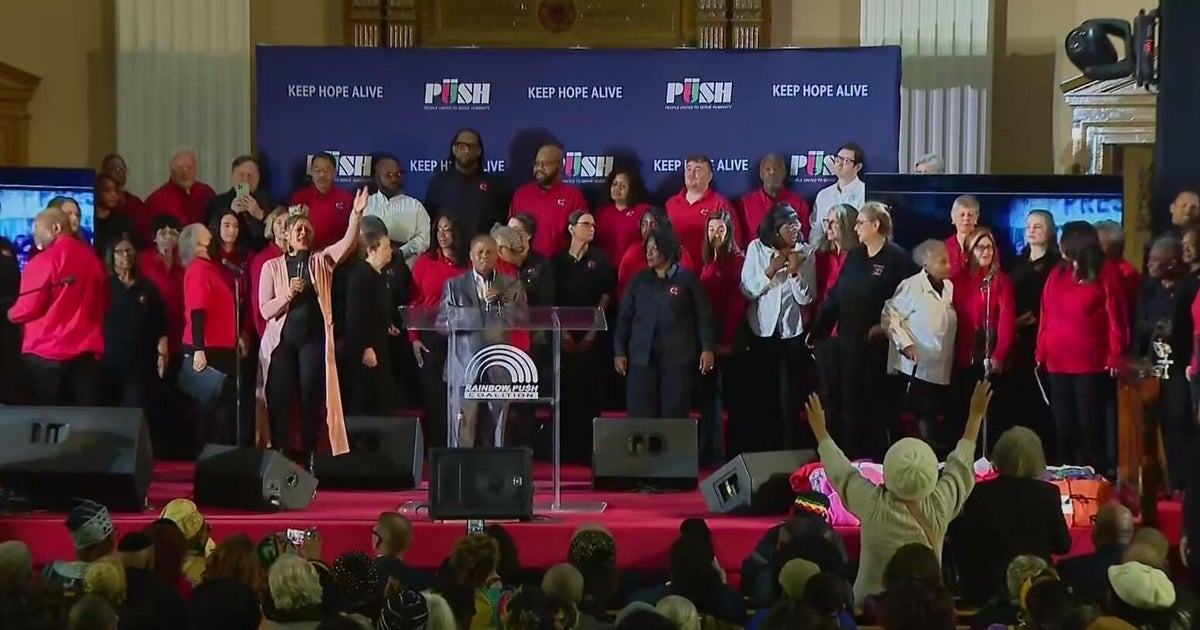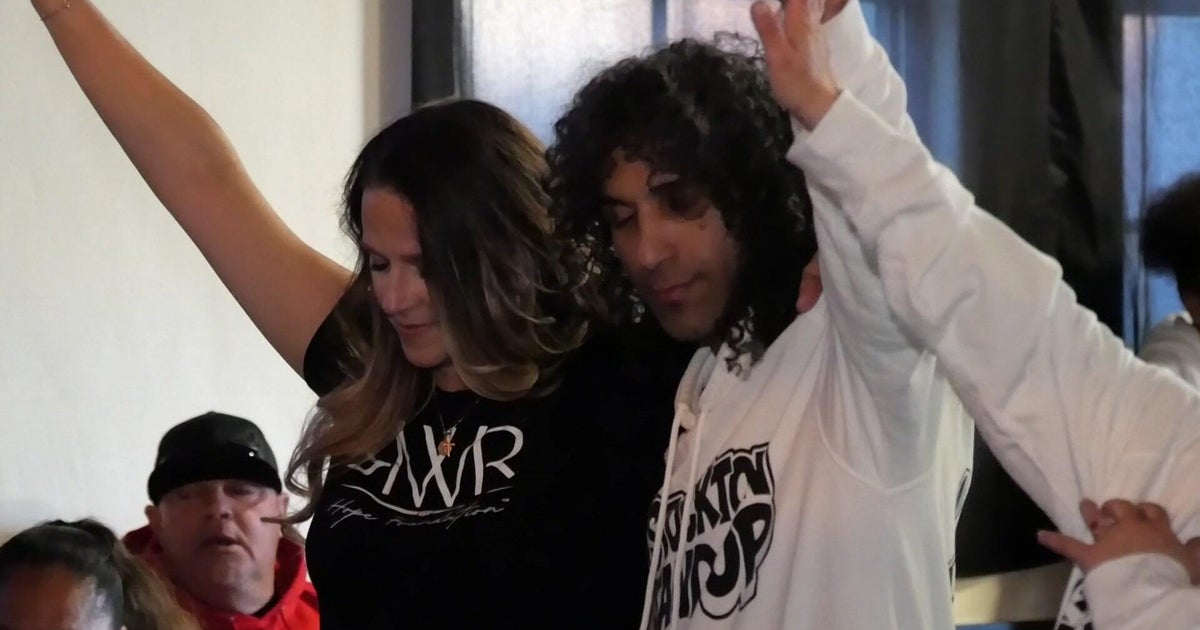Texas Lawmakers Champion Local Control, But Reign Over Cities
Follow CBSDFW.COM: Facebook | Twitter
DALLAS (AP) — Texas leaders have sued the federal government dozens of times, costing millions of dollars, for what they contend are policies that infringe on local control and states' rights.
But when cities across Texas have attempted to pass laws on issues from fracking bans to regulating ride-hailing companies, state lawmakers time and again have moved to quash those efforts, particularly when it's believed they may hamper the state's business climate.
This week, lawmakers took aim at Austin voters who decided Saturday against overturning city requirements that include fingerprint-based background checks for ride-hailing drivers. As a result, both Uber and Lyft suspended their Austin operations Monday.
Republican state Sen. Charles Schwertner said in a statement that ride-hailing companies "can no longer operate effectively through a patchwork of inconsistent and anti-competitive regulations."
"As a state with a long tradition of supporting the free market, Texas should not accept transparent, union-driven efforts to create new barriers to entry for the sole purpose of stifling innovation and eliminating competition," said Schwertner, who pledged to bring legislation meant to legalize ride-hailing services statewide. Iowa on Monday adopted such a measure.
Gov. Greg Abbott used a similar argument last year in responding to a ban on hydraulic fracturing passed by voters in the North Texas town of Denton. The Republican signed a law barring local ordinances that prevent fracking and other oil and natural gas activities harmful to the environment unless they are deemed commercially reasonable. He said at the time that he was protecting private property rights from the "heavy hand of local regulation."
Abbott and some state lawmakers have criticized other municipal measures, too, such as small towns adopting sex-offender residency restrictions, Dallas' efforts to ban plastic bags and a Houston anti-discrimination measure.
"Legally, they can do this to us, but the question is, should they?" asked Bennett Sandlin, executive director of the Texas Municipal League.
Criticism of overreach by the federal government could hold true for state government, Sandlin said. "You've got larger governments micromanaging what we're doing locally."
Sandlin said he doesn't agree with those who contend that it's not viable to have a "patchwork of regulation." There are some cities, for instance, that may be comfortable with urban oil development, but there are others that aren't.
"Government closest to the people tends to be the most responsive," he said.
The tendency of state lawmakers to slap down local laws goes beyond Texas.
The Arkansas Legislature has enacted a law aimed at preventing cities and counties from passing anti-discrimination measures that include sexual orientation or gender identity. And North Carolina is embroiled in a legal battle with the U.S. Department of Justice after state lawmakers essentially blocked a Charlotte ordinance by requiring transgender people to use the public restroom corresponding to the gender on their birth certificate.
Don Huffines, a Republican Texas senator from Dallas, has criticized Austin for adopting the ride-hailing regulations, saying in a statement that "mob rule must not undermine the free market, or Texans' right to earn an honest living."
"The Legislature has an obligation to uphold economic liberty whenever it is impeded, be it by the ballot box or executive action from a local elected body," he said. "When local governments target professions — be it oil and gas, ridesharing, or any other segment of the economy — the Legislature must act to uphold economic liberty."
Denton city councilor Kevin Roden said he often hears others echo Huffines' argument.
"There's this distinction between local control and the state's role to protect liberty," said Roden, who supported the fracking ban in his city.
But issues like ride-hailing can't be fit into a one-size-fits-all government package, he said.
"Every city is going to have a different set of circumstances on the ground to determine what their set of regulations should be," Roden said.
(© Copyright 2016 The Associated Press. All Rights Reserved. This material may not be published, broadcast, rewritten or redistributed.)

